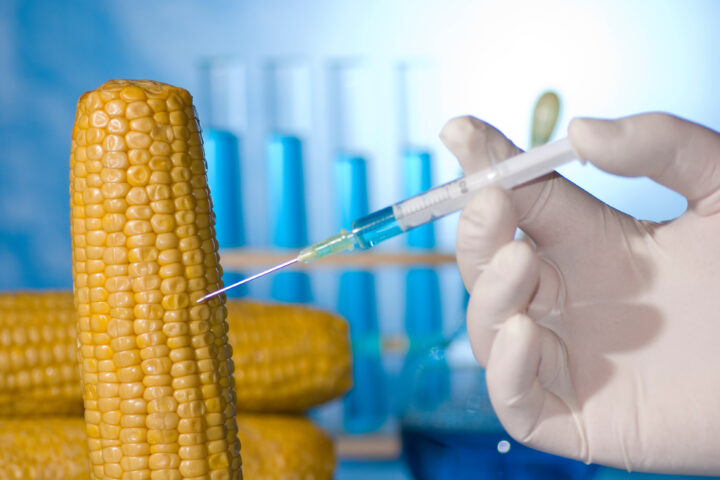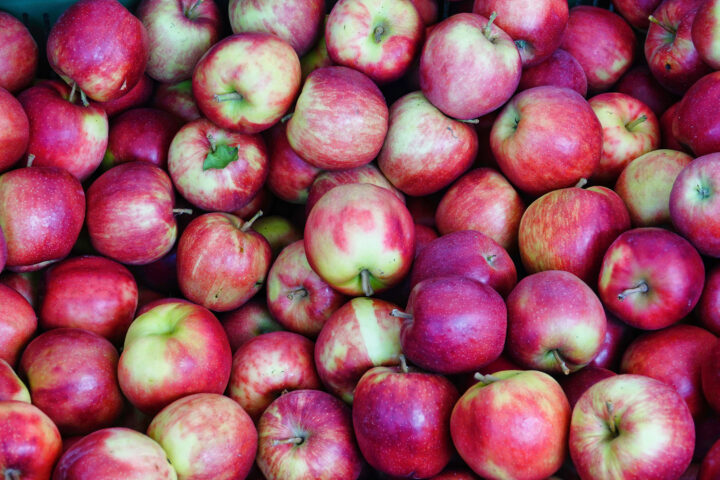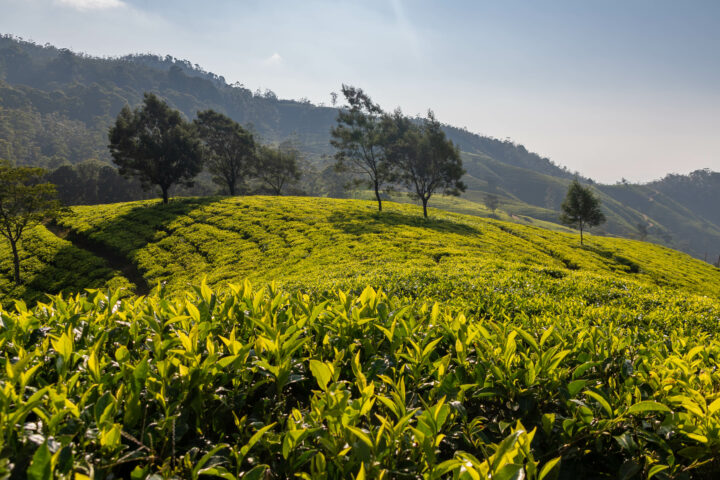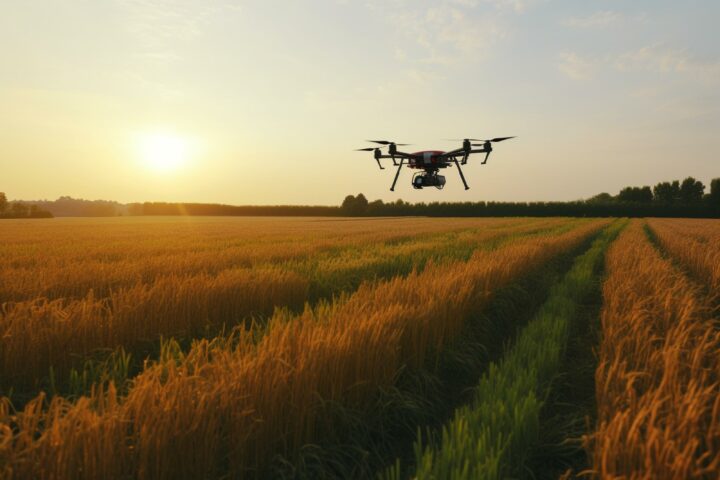Seizing the opportunity of green biotechnology
It's crucial for Switzerland to reestablish its leadership in biotechnology and actively contribute to addressing global concerns. Achieving this requires greater courage and openness to new technologies.
Monday, September 5, 2022
This guest commentary by Roman Mazzotta, Country President Syngenta Switzerland, was first published in the Neue Zürcher Zeitung on 21 August 2023.
The imminent challenge for the world is to ensure affordable food for an anticipated global population of nearly ten billion by 2050, all while safeguarding our climate and environment. Among the pivotal solutions is plant breeding, notably illustrated by the Nobel Prize-winning Crispr-Cas9 genetic scissors. This allows for the precise and swift enhancement of existing plant varieties without introducing foreign genes. As a result, we can develop crops that are more resistant to diseases and droughts.
The EU has highlighted the significance of these new breeding technologies for a more sustainable agriculture and announced its intentions to revise regulations surrounding them. This decision by the EU also profoundly influences Switzerland's political approach to these new technologies. Historically, Switzerland missed numerous opportunities in embracing plant biotechnology. In the early 2000s, it was at the forefront of modern plant breeding and agricultural genetic engineering. A notable breakthrough was the "Golden Rice" developed by ETH professor Ingo Potrykus. This innovation presented a potential solution to protect children in developing countries from the perils of vitamin A deficiency, including blindness and death. Unfortunately, several environmental and aid organizations continue to block its widespread adoption.
The private sector also strongly pursued plant breeding research during this period. However, a blanket moratorium on genetic engineering rendered Switzerland a less appealing research destination. This led to the migration of pioneering research to foreign soils. Today, outside of Agroscope's governmental breeding department, there is little expertise left in applied plant genetics. Due to this moratorium, Swiss farmers are deprived of the advancements of green genetic engineering. For instance, they are prohibited from cultivating a specific corn variety, developed using novel technologies, known to reduce methane emissions from cows. They are also barred from growing mildew-tolerant wheat.
While the public remains open to novel technologies when the advantages are evident, there are adversaries who strive to prolong a detrimental blockade policy by shifting the debate's focus. A rising point of criticism is the patenting of seeds. A prevalent misconception is that primarily large corporations stand to gain from these patents. Such a narrative is both one-sided and false. In reality, patents are the cornerstone of Switzerland's successful economic model. They safeguard the interests of the entire Swiss economic ecosystem, from individual inventors to SMEs competing globally. Current patent regulations are clear: Neither Switzerland nor the EU grants patents on plant varieties. Furthermore, in Europe, properties of a plant resulting from traditional breeding methods remain non-patentable.
Contrary to widespread belief, large corporations don't monopolize access to genetic resources and seeds. Companies like Syngenta have streamlined the process for small farmers to obtain protected seeds. Syngenta champions transparency by listing their plant patents in public databases and dedicated licensing platforms. This enables even the smallest plant breeders to examine Syngenta's patents related to specific plant varieties in Switzerland and potentially obtain a license.
The European Commission has recently brought forward a new law for new breeding technologies in agriculture. Meanwhile, there's an eager anticipation in Switzerland regarding the Federal Council's proposal on the matter. It's crucial for Switzerland to reestablish its leadership in biotechnology and actively contribute to addressing global concerns. Achieving this requires greater courage and openness to new technologies.
Kindly note:
We, a non-native editorial team value clear and faultless communication. At times we have to prioritize speed over perfection, utilizing tools, that are still learning.
We are deepL sorry for any observed stylistic or spelling errors.
Related articles

Enabling what is inevitable
The opponents of progress are once again in the starting blocks. In mid-April, critics of genetic engineering announced a popular initiative aimed at making any relaxation of the existing moratorium on genetic engineering impossible. The exact wording is not yet known, but the statements made by the exponents make it clear that the total blockade on modern plant breeding is to be enshrined in the constitution.

Where the focus lies in apple breeding
The new head of Agroscope's fruit breeding research group is Andrea Patocchi. In an interview with the trade journal Obst + Wein, he explains where the focus of apple breeding lies today.

Chinese robot picks tea
There is a shortage of tea pickers in China. A robot developed by a researcher is set to remedy the situation and take over the work in future. Thanks to artificial intelligence, the machine can even recognise the shoots of the tea plant. The first harvesting robots are also already being developed in Switzerland.

Why AI has not yet had its breakthrough in agriculture
Artificial intelligence is gaining ground in many areas. However, the new technology does not yet seem to have really arrived in agriculture. The reason for this is nature, which is throwing a spanner in the works of AI. Nevertheless, the opportunities that AI could offer agriculture are immense.

